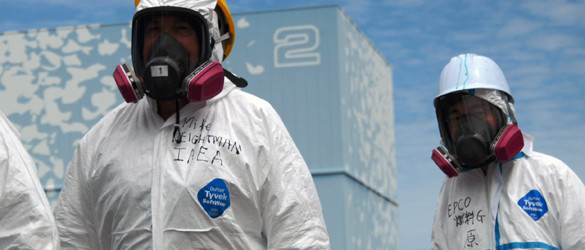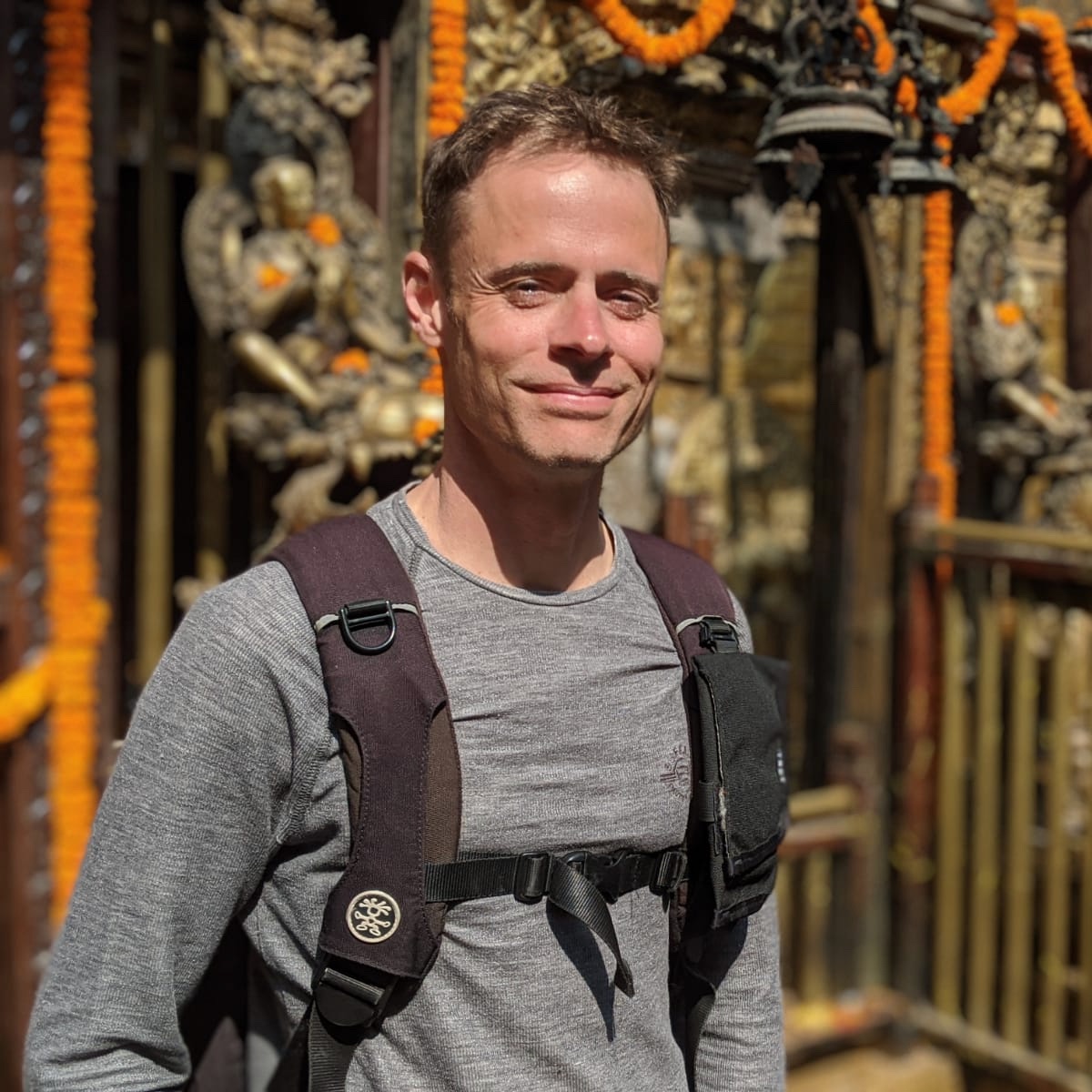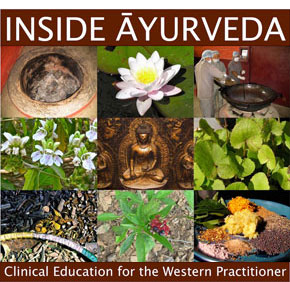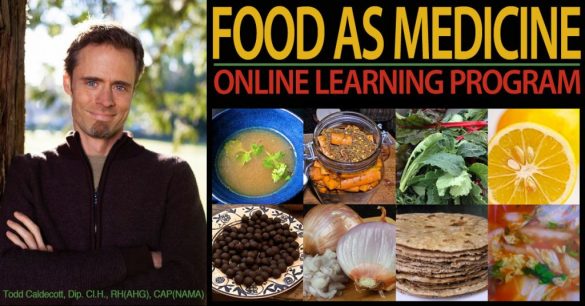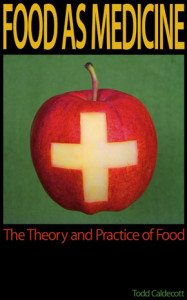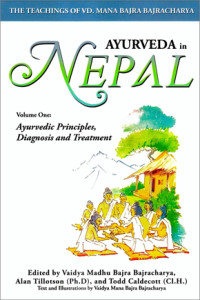There is mounting concern that radiation leaking from the Japanese Fukushima nuclear power plants could affect human health. It is very difficult to get solid information, but reports I have seen indicate that the radioactive isotopes of concern are iodine 131, strontium 90, cesium 137, and plutonium 239. Iodine 131 is the most immediate concern because iodine forms the structural basis of thyroxine, a hormone synthesized by the thyroid gland.
Free iodine is taken up by the thyroid and stored until it is utilized or otherwise eliminated from the body. Given the thyroid’s affinity for iodine, radioactive iodine is rapidly taken up by the thyroid, where it emits radiation (beta/gamma particles) that promotes local cell mutations that can lead to thyroid cancer. In acute exposure to iodine 131 people are counselled to take potassium iodide to fill up the thyroid with iodine so that the radioactive iodine is not absorbed instead. While this does protect against specific damage to the thyroid, radioactive iodine still has generalized toxic effects, and taking potassium iodide does not protect against this.
The good news, if there is any in such a circumstance, is that iodine 131 has a half-life of 8 days, so by the time any radioactive iodine makes its way to North America blown by the wind, much of it will have begun to decay into xenon. In other words, taking iodine supplements in large amounts at this time isn’t necessary, and can have very serious consequences for your health. Symptoms of iodine overdose or excess include a metallic taste in the mouth, rashes, depression, acne, headaches, nausea, lethargy and hypothyroidism (called the Wolff-Chaikoff effect).
Ok, that was the good news. The bad news is that while iodine 131 has a half-life of 8 days, strontium 90 and cesium 137 have half lives of 30 years, and plutonium has a half life of 24,000 years. Strontium 90 is an earth metal similar to calcium, and becomes incorporated into calcium-rich tissues such as bone. Cesium 137 is an alkaline metal similar to potassium, and displaces potassium as an electrolyte. And as far as plutonium goes, its just plain toxic. So if the nuclear situation deteriorates further and we are exposed to radiation, we are well on the road to being fucked. Estimates right now on the scale of being fucked place the Japanese meltdown to a status less than Chernobyl, but as the Japanese reactors contain more fuel overall, the overall risk is much greater.
Right now there is a lot of skepticism on what the media and government are saying and how much radiation is actually being emitted. This is an issue that extends far beyond Japan, however. In the last century we have exposed ourselves and the planet to unprecedented levels of radiation, from both above-ground and below-ground nuclear tests, to the over 442 nuclear power plants worldwide, each not only producing the energy that feeds our desperate economy, but generates tons of radioactive waste each year. Recently I see that futures in nuclear energy are dropping and money is shifting to companies that specialize in green power generation. Time to follow the money!
Although traditional systems of medicine such as Ayurveda and Chinese medicine have nothing to say about radiation sickness per se, a quick search on the database of the National Institute of Health (PubMed) provides data on many different medicinal plants that have radioprotective effects. These include common garden plants such as mint and holy basil (tulsi), to more specialized herbs such as ginseng and amla.
From a therapeutic perspective all of these herbs have detoxifying properties, enhancing cellular metabolism in tissues such as the lymphatic system, liver and kidneys, often coupled with profound antioxidant effects that protect against mutation. Many of these herbs are also used in the treatment of cancer. Examples include red clover, cleavers, barberry, sarsaparilla, guaiacum wood and medicinal mushrooms (e.g. maitake, reishi, chaga).
Foods can also be used to promote detoxification and inhibit cancer including the alliums (e.g. garlic, onion) as well as most leafy greens such as the brassicas (e.g. cabbage, kale, rapini) and chenopodiums (e.g. beets,chard, lambsquarters), not to mention all the lovely garden herbs that nature just magically supplies us, such as chickweed, nettle and dandelion. Cilantro is another particularly useful herb that promotes detoxification, along with other exotic herbs including ginger, turmeric and Chinese brown mushrooms (shiitake).
In my upcoming book Food As Medicine I have many delicious recipes that incorporate these foods and herbs you can use to support your health. Perhaps the most obvious candidate for radioprotection is seaweed which contains naturally high amounts of iodine, anywhere from 16 mcg/g in nori to 8165 mcg/g in a salt substitute made from processed kelp granules (Laminaria digitata). To protect the thyroid against iodine 131 the WHO recommends a daily dose of 130 mg of potassium iodide to saturate the thyroid. Given an average amount of 0.5% iodine in seaweed, you would have to eat 25-100 g/d of your average seaweed to achieve a protective dose.
Here in the Pacific Northwest, I would recommend any of the brown kelps as they have the highest iodine levels. But seaweeds also contain other constituents that protect against poisons, and in herbal medicine is considered one of the premier tonics in the treatment of cancer and metabolic disorders. In particular, seaweed is abundant in insoluble fibers called alginates that help to bind up toxins in the gut for elimination, which could include radioactive particles that have been ingested through food and water.
Related to the seaweeds are the algae including Chlorella, a blue-green algae first developed as a supplement in Japan, which has undergone serious investigation for its antitoxic, antioxidant and antitumor effects. Interestingly, the Japanese are the biggest consumers of not only Chlorella but also seaweed, suggesting that Japanese are way out in front when it comes to addressing the issues of radiation toxicity. Compared to them, we are totally unprepared – hopefully we can learn before it happens to us.
